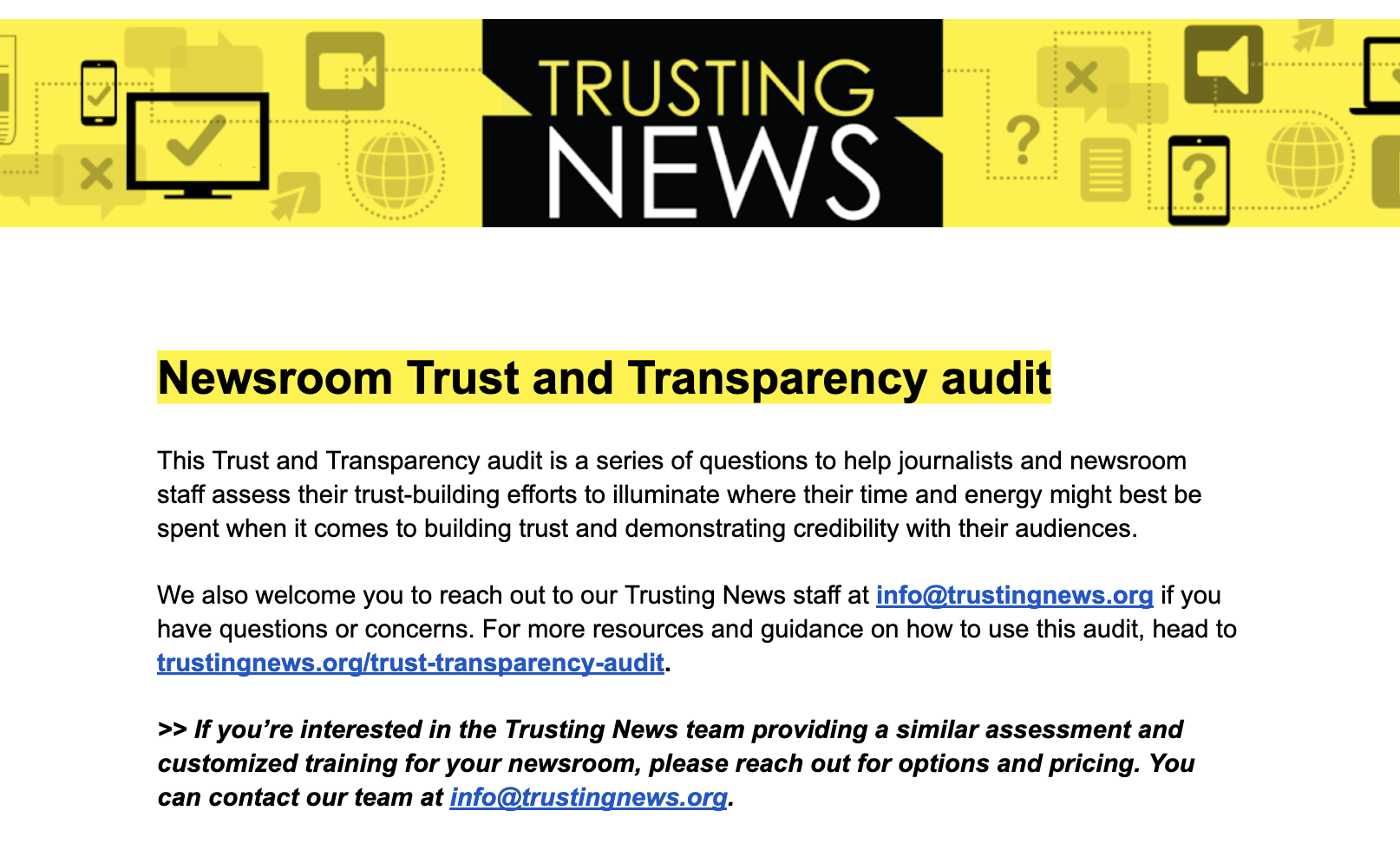
Financial sector: Another bubble close to bursting
Public announcement GEAB N°10
Dec. 16, 2006 -- Finance is one of the four sectors identified by LEAP/E2020 in the December issue of their confidential letter (the GlobalEurope Anticipation Bulletin N°10) as likely to be severely affected by the development of the global systemic crisis in 2007 (1). The other three sectors are: international trade, exchange rates, and energy.
A large number of events -- whose importance began to appear clearly at the end of 2006 -- is about to thrust the world's financial sector into a process of deep crisis: depreciation of U.S. dollar-denominated assets, monetisation of U.S. debt, fast degradation of U.S. banks' and of some EU banks' balance-sheets, low level of banks' reserves, fast depreciation of housing loans (2) and recession of the U.S. economy.
For example, the value of U.S. dollar-denominated assets worldwide (3) compared to the composite basket of currencies of the U.S. main trade partners, decreased by USD 2,000 billion only because of the U.S. currency's loss in value. Another example, because of the same devaluation, the U.S. debt fell by more than the U.S. trade deficit's worth (forecast: USD 750 billion) or than the balance of payment deficit's worth (forecast: USD 900 billion) (4).
The monetisation of the U.S. debt (anticipated in February 2006 by LEAP/E2020 (5)) directly affects the balance sheets of the big international financial players, with some effects that should become more obvious in 2007.
In the United States, a growing number of financial institutions are beginning to announce that the bursting of the real-estate bubble and the increasing amount of default on housing loan repayments has started to impact on banks' (6) and loaning institutions' results. For instance, due to the market's fast degradation, the U.S. government no longer even tries to look into Fanny Mae's and Freddy Mac's accounts, the two giant quasi-government financial institutions who together weigh more than half of the U.S. mortgage market (7). Thus Fanny Mae has not presented any quarterly or yearly report since 2004 and must ask for an exemption in order to remain listed on the New York Stock Exchange (8) and continue to increase its market share. Less than a month ago, Kevin M. Warsh, governor of the New York Federal Reserve, warned against risks of systemic crisis for the U.S. loan mortgage market due to Fanny Mae and Freddy Mac accounting practices (9). Those risks are likely to cross U.S. borders since foreign investors, namely Asian, who walked away from U.S. Treasury Bonds, started a few months ago to buy Fanny Mae and Freddy Mac stocks.
Moreover, for many years, U.S. authorities have allowed banks to diminish drastically their asset reserves while making massive bets on the derivatives market where the risks are high. The chart below shows how those Wall Street's giants (such as JPMorgan/Chase or CityBank or Bank of America, who were on top of all financial news in the past months), with counterparties close to none, are in fact doomed to bankruptcy in case a big crisis occurs. This provides a rather eloquent image of the frailty of the hedging sector banks invested in so massively.
MORE











